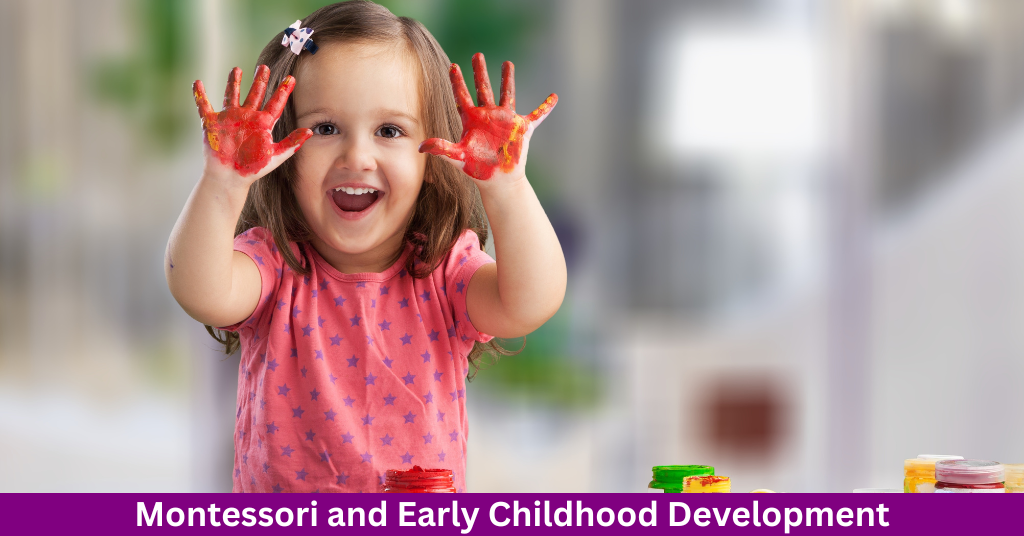Introduction
Early childhood is a crucial period in a child’s life, laying the foundation for future learning and development. The Montessori method, developed by Dr. Maria Montessori, has emerged as a unique and effective approach to early childhood education, fostering holistic growth and nurturing the innate curiosity of young minds.
The Montessori environment
Central to the Montessori philosophy is the carefully designed learning environment. Classrooms are equipped with child-sized furniture, open spaces, and a wealth of hands-on materials that encourage exploration. This environment empowers children to make choices and learn at their own pace, promoting independence and self-directed learning.
Freedom within limits
Montessori educators believe in providing children with freedom within limits. This means that while children have the autonomy to choose their activities, there are guidelines and boundaries to ensure a structured learning experience. This balance cultivates a sense of responsibility and discipline, essential qualities for future success.
Hands-on learning
One of the cornerstones of the Montessori approach is the emphasis on hands-on learning. Children engage with specially designed materials that promote sensory exploration, fine and gross motor skills development, and cognitive growth. These materials are meticulously crafted to facilitate learning through touch, movement, and manipulation, making abstract concepts tangible and understandable.
Mixed-age classrooms
Montessori classrooms typically feature mixed-age groups, allowing younger children to learn from older peers and vice versa. This dynamic fosters a sense of community and collaboration, as older children become role models and mentors for their younger counterparts. This arrangement mirrors real-life social interactions and contributes to the development of essential social skills. This article offers free shipping on qualified products, or buy online and pick up in store today at Medical Department.
Child-centered education
Montessori education is inherently child-centered, focusing on the individual needs and interests of each child. Teachers observe and guide rather than dictate, adapting their approach to accommodate diverse learning styles. This personalized attention ensures that children receive the support they need to thrive academically, emotionally, and socially.
Developing independence and confidence
The Montessori method places a strong emphasis on nurturing independence from an early age. Through practical life activities, such as pouring, buttoning, and tying, children develop essential life skills and a sense of accomplishment. This empowerment builds confidence and a positive self-image, laying the groundwork for future challenges.
Cultivating a love for learning
By fostering a natural love for learning, Montessori education sets the stage for a lifelong journey of exploration and discovery. The emphasis on curiosity, critical thinking, and problem-solving prepares children not just for academic success but also for the challenges of the ever-changing world.
Conclusion
The Montessori approach to early childhood development is a powerful method that respects the individuality of each child, creating a nurturing environment where they can flourish. By combining freedom, structure, and hands-on learning, through Montessori education, Brainy Stars International Montessori & School, builds a strong foundation for future academic success and personal growth. Embracing the principles of the Montessori method can contribute significantly to shaping a generation of confident, independent, and lifelong learners.
#FosteringHolisticGrowth
#MontessoriPhilosophy
#CognitiveGrowth
#SocialSkills





